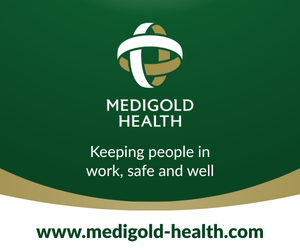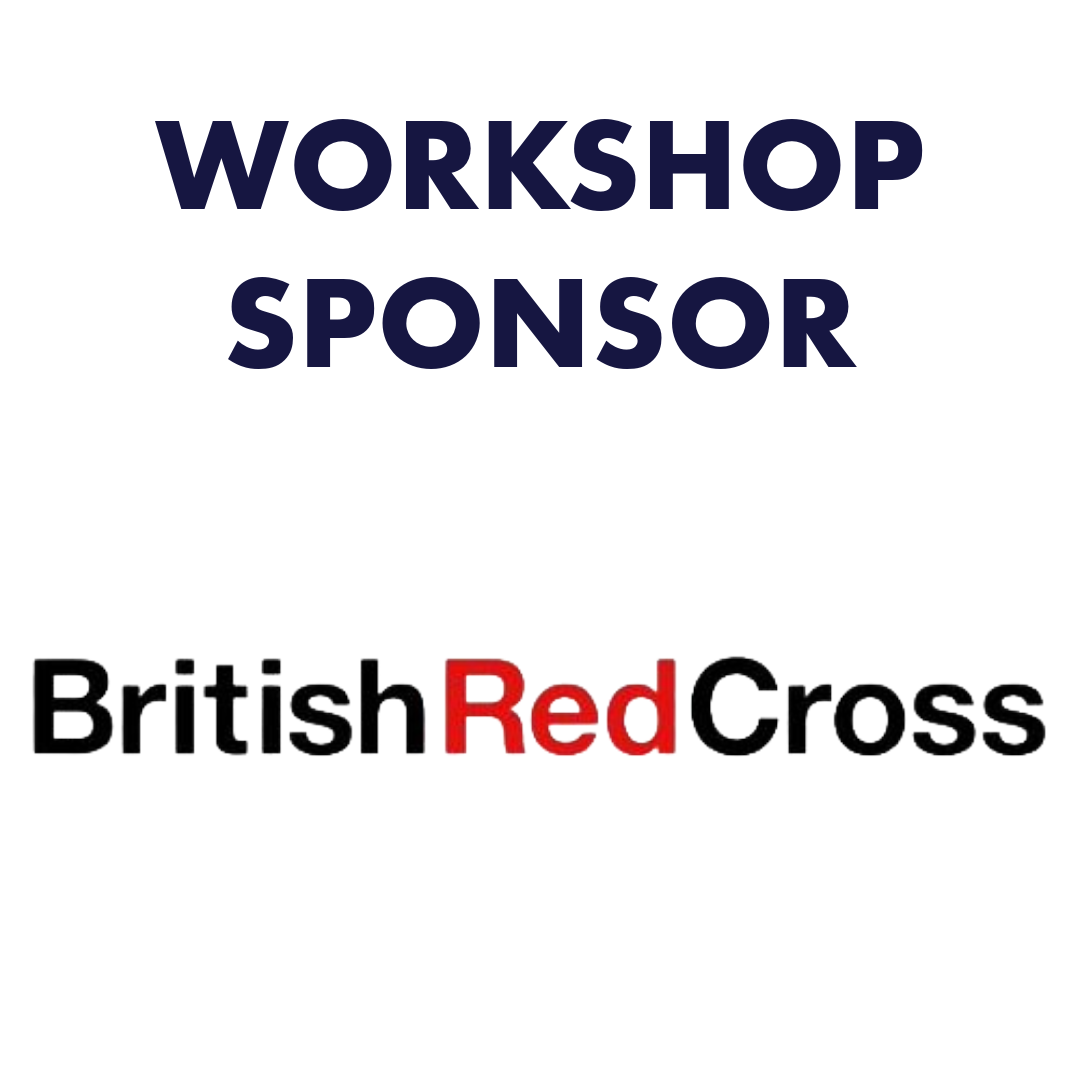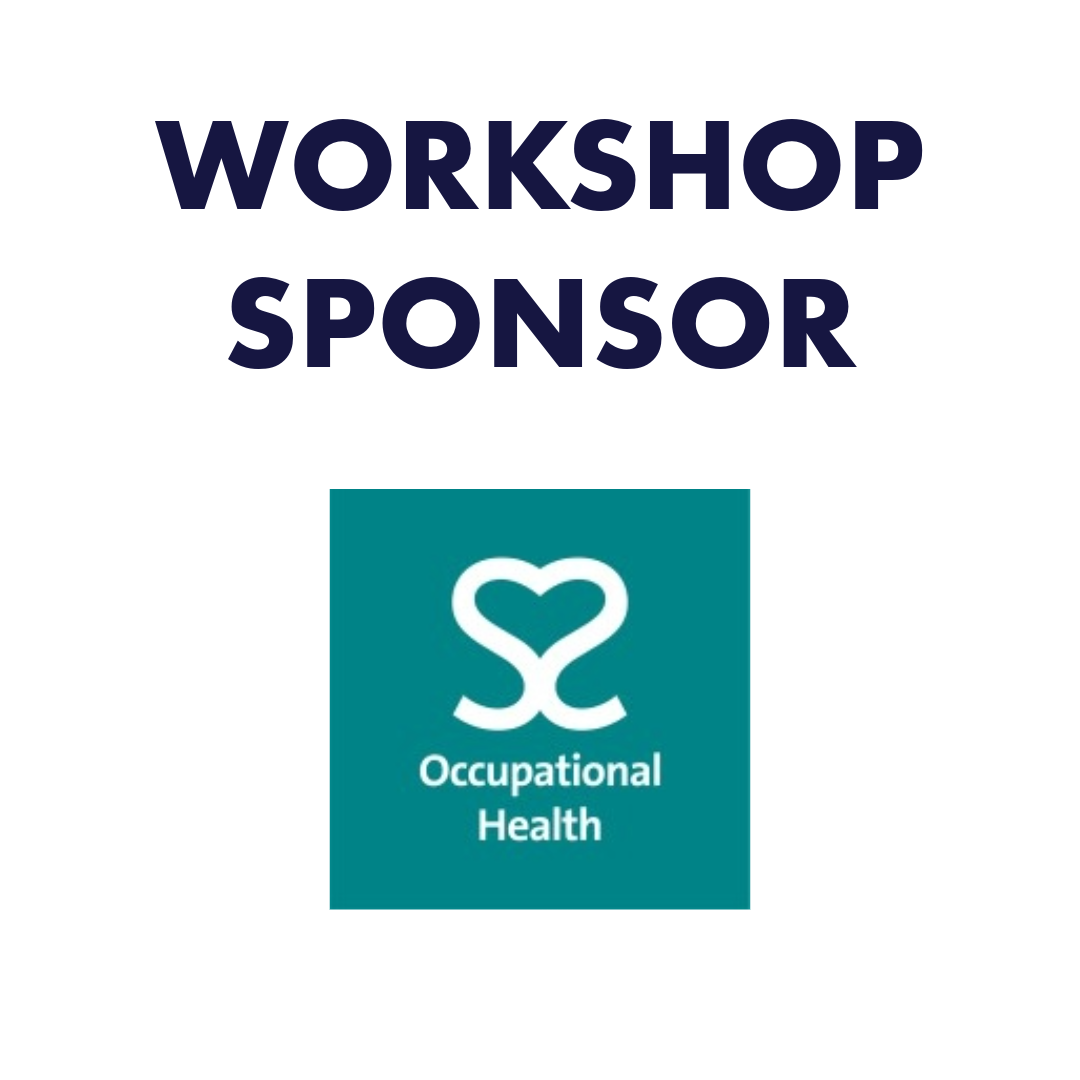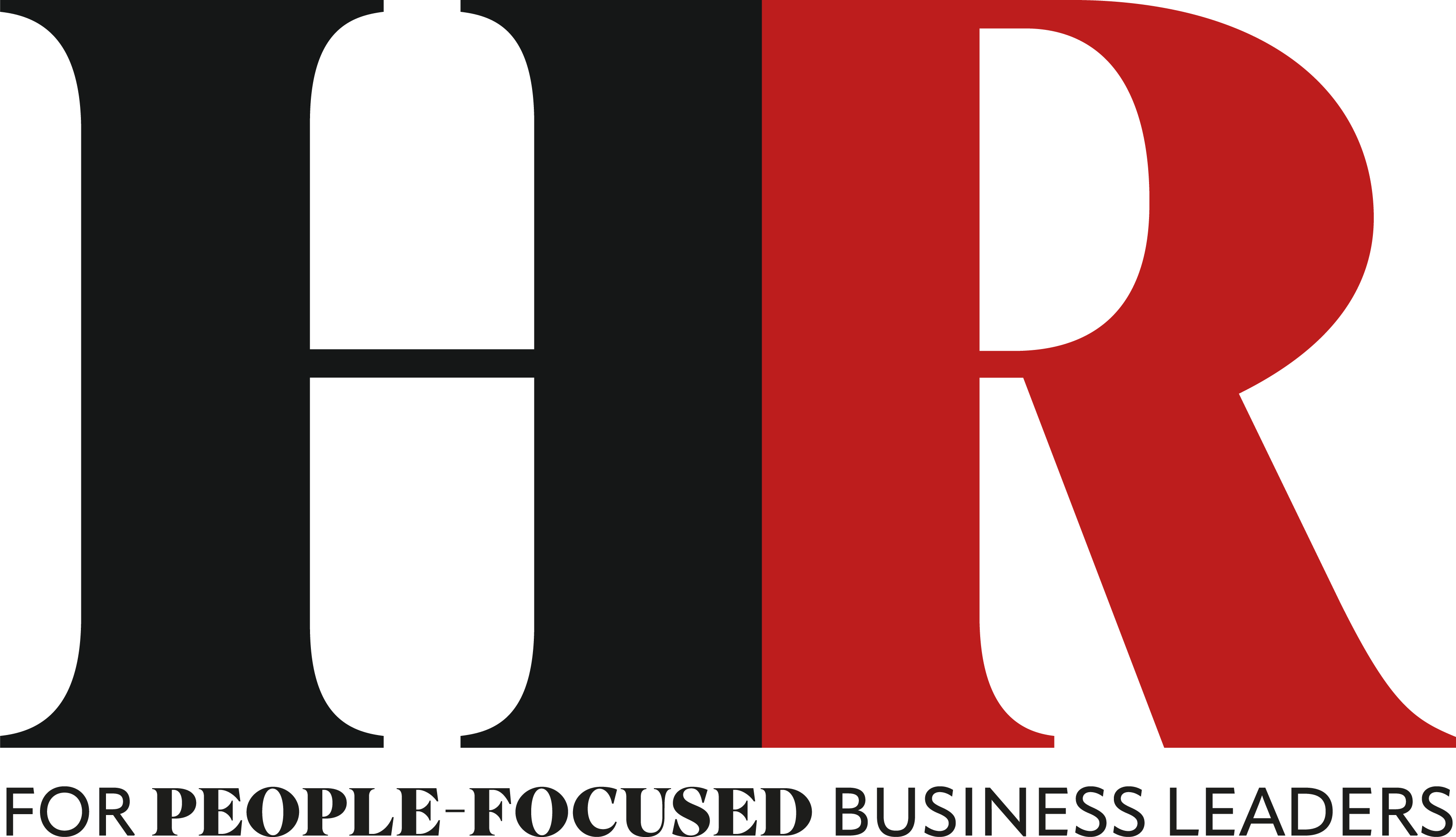Developing line managers into stress (not stressful) managers
)
The need for competent stress managers
It has long since been recognised that line managers play a critical role in protecting and promoting the health and wellbeing of their team. Research demonstrates that line managers impact the wellbeing of team members in three ways; by their behaviour (being a source of stress or a source of wellbeing), by their ability to identify team members who may be struggling and signpost them to sources of support; and through gatekeeping the employee against sources of stress at work (for instance effectively planning and delegating to mitigate high job demands).
With mental ill-health costing UK employers an estimated £34.9 billion a year, and increasing pressures on retention and absence, it is not surprising that employers are looking to upskill their managers. Despite the robust and ever-growing evidence base that demonstrates the associations between line manager behaviours and employee health and wellbeing, efforts to train and develop managers to protect and promote wellbeing have led to mixed success. Further, managers continue to be cited as one of the top three sources of stress at work; with only around 1 in 10 employees feeling that they could talk to their manager about their wellbeing.
The development of the Management Competencies for Preventing and Reducing Stress at Work (MCPARS) framework
The Management Competencies for Preventing and Reducing Stress at Work (MCPARS) framework was developed through a three-phase programme of work (Yarker et al. 2007; 2008; Donaldson-Feilder et al. 2009). Sponsored by the UK Health and Safety Executive, the Chartered Institute of Personnel and Development and Investors in People, the framework focuses on those manager behaviours that have been found to be key for protecting against and preventing stress at work. Initial work to create the framework comprised of over 400 interviews, 800 survey completions and stakeholder workshops and identified four key competencies that were associated with a broad range of employee health and wellbeing outcomes. The framework was further tested with a development intervention on over 200 managers (with feedback from 600 employees) and embedded within 10 organisations.
The four key competencies include:
- Being respectful and responsible: Behaving with consistency and integrity, keeping promises and confidentiality, managing your own emotions and role modelling
- Managing and communicating existing and future work: Delegating effectively, problem-solving, being participative and being proactive
- Managing the individual within the team: Recognising that everyone is an individual and has differing work and personal needs, being personally accessible, available and empathetic
- Managing difficult situations: Managing conflict, taking responsibility for resolving issues, using organizational processes and practices when necessary.

Support for the utility of the MCPARS framework
- Managers who display these competencies have teams with better wellbeing
In a recent review, we found 17 peer-reviewed studies applying the MCPARS framework. Managers who had these competencies had teams with better wellbeing and lower psychological distress, higher work team effectiveness and engagement, more positive affective states and reduced workplace bullying.
- Advocated by public and professional bodies
Since their inception, the MCPARS framework has been advocated in UK government policy and by public and professional bodies such as the Health and Safety Executive (HSE), Chartered Institute of Personnel and Development (CIPD), Business in the Community (CIPD) and Acas.
- Cross sector and global appeal
The development programme has been tested in numerous ways, in different sectors (including local government, higher education, emergency services, healthcare and a range of professional service sectors) and countries (including Europe, Japan and North America).
Using the MCPARS framework
The global research indicates that no one of the behaviours or competencies are key; in fact all are important, however through extensive mapping against global, national and sectoral frameworks it is clear that although all management frameworks include some of the necessary behaviours, none that we have examined include all the behaviours.
In practice, the MCPARS framework can be used in several ways:
- Integration: By mapping to and integrating with an organisation’s existing competency framework or leadership training programme to identify gaps
- Through self-assessment or 180 feedback: Used to support managers to understand their own behaviour, either by self assessment or 180 assessment. This can then be used to generate development and action plans. A self assessment tool is available from the HSE: https://www.hse.gov.uk/stress/mcit.htm
- Manager coaching, training and development: Embedding the competencies into manager coaching, training and development ensures that managers recognise how their behaviour can make a significant difference to how their team experience work. Using scenarios and interactive activities the competencies can be brought to life to build and consolidate skills and develop actions going forward.
Finally – don’t forget the manager’s own mental health and wellbeing
Mental ill health and stress at work continues to rise globally; and line managers are in no way immune to this. In fact, more and more we see the reality of the ‘squeezed middle’ playing out in line manager wellbeing. Taking a compassionate approach, when managers behave in ways are harmful or that cause stress to others, it could be that they are not equipped with the skills to know how to effectively ‘stress manage’ (and in fact research from BITC suggests that a quarter of managers do not feel equipped), but it could also be that they are struggling with their own experience of stress and pressure and therefore ‘acting out’. Our research around leader disclosure of mental health (https://www.affinityhealthatwork.com/our-library/1504) concurs with this and further suggests that the more senior managers get, the less able they feel to talk about their own wellbeing, and the smaller the peer group available to support them becomes – and therefore may not access help for this.
Key Take Homes
- Line managers are vital to managing wellbeing, and therefore to the success of any wellbeing programme or strategy
- The MCPARS is a simple, globally validated framework which can be used to develop and training managers to prevent and reduce stress in employees. More information can be found at https://www.affinityhealthatwork.com/management-competencies.
- Managers need to put the oxygen mask on first. As well as providing managers with the skills, knowledge and abilities to manage the stress of others; to be able to do this effectively, they need to have the skills, knowledge and ability to identify and manage their own stress and wellbeing.
Authors:
Rachel Lewis and Jo Yarker, Managing Partners at Affinity Health at Work
About Affinity Health at Work:
Affinity Health at Work is a multi-award-winning consultancy and research organisation. We are the experts in evidence-based wellbeing at work. Our mission is to improve the working lives of all. Working internationally, we do this in four ways: through consultancy, development, research and insight.













